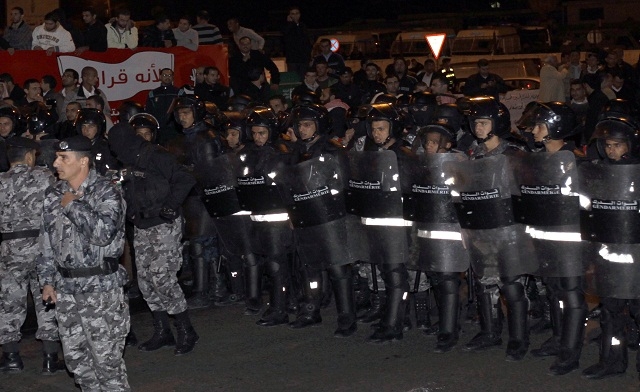
(Photo Public Domain)
Deputy Prime Minister and Minister of International Cooperation Ziad Bahaa El-Din arrived in Washington DC Tuesday as part of a three-day visit to meet senior officials responsible for social development and infrastructure in his first trip to the United States since the formation of the interim government.
Bahaa El-Din is set to meet presidents of the Multilateral Investment Guarantee Agency and the International Finance Corporation, subsidiaries of the World Bank, as well as the bank’s managing director, Lady Sri Mulyani, and senior officials for social development and infrastructure.
Bahaa El-Din, who is the former head of the Egyptian Financial Supervisory Authority, is also set to meet William Burns, Assistant Secretary of State, members of the Egyptian-American Business Council and the heads of a number of US companies investing in Egypt.
In a televised interview, Bahaa El-Din commented on the ongoing debate regarding the Protest Law, saying that “the fact that a law was proposed by the government, to which civil societies showed significant objection, and the government came back and said ‘let’s listen to them, lets improve the law and fix it’… this is actually a sign of progress.”
Bahaa El-Din accused the former Muslim Brotherhood government of having pushed Egyptians into a state of “suffering”, claiming that ousted President Mohamed Morsi had not “respected the constitution” eventually leading to a “deviation of the democratic process.”
Regarding the reconciliation process, Bahaa-El Din said “deep polarisation within Egyptian society has caused ‘reconciliation’ to become a dirty word” but noted that this division was focused mostly within the political elite. Society as a whole, he said, would like to “progress to the future and [move past] the interim period.”
While implying that violence by the Muslim Brotherhood had “halted the reconciliation process,” Bahaa El-Din did qualify that “at some point we will have to reconsider and to bring back into the fold different political parties.”
“We have to ensure that the youth who have entered politics on good faith or have lost their way are not left out…we have to bring back the whole society into the political process.”
Current priorities for the country, he said, should lie in preserving the democratic path and fostering an economic recovery.
According to an official statement, the visit to Washington comes to “follow up on the ongoing cooperation between Egypt and the World Bank in the areas of development of electricity, transport, health and education,” adding that he will be following up on certain issues with the World Bank “such as the building of a social security network in Egypt while also stimulating the real estate Mortgage sector.”
“Egypt should benefit from the rights gained as a result of their membership in international organizations, as long as it is in accordance with the government’s programmes and economic plan in the public interest, without interference or dictating terms to any party,” Bahaa El-Din concluded.
The deputy prime minister is set to also meet senior officials from the United States Agency for International Development (USAID), Foreign Trade and the Treasury Department to discuss economic cooperation between Egypt and the United States “to discuss a future stimulus plan.”


